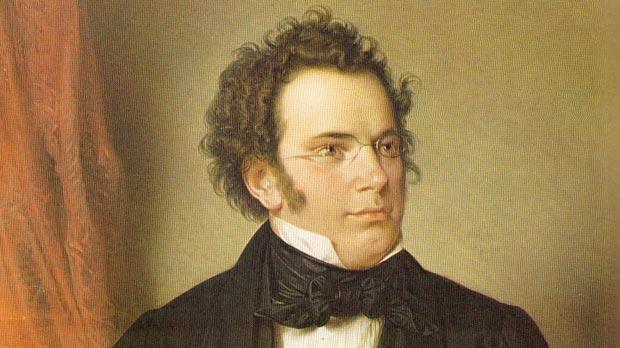New Release: Frédéric Bednarz Plays Franck, Lekeu, Boulanger
Canadian violinist Frédéric Bednarz and pianist Natsuki Hiratsuka have released an exciting new recording of French violin music. The centerpiece of the recording is César Franck’s famous Sonata in A Major for Violin and Piano. This is a beautifully colorful and passionate performance with a seamless and cohesive sense of ensemble between violin and piano. The seldom heard music of Belgian composer Guillaume Lekeu (1870-1894) opens the CD. Lekeu’s G major Violin Sonata was commissioned by …



